How to capture Facebook Ads data in OnceHub
Learn how to capture Facebook Ads data in OnceHub so you can see how many leads/bookings your ads have generated
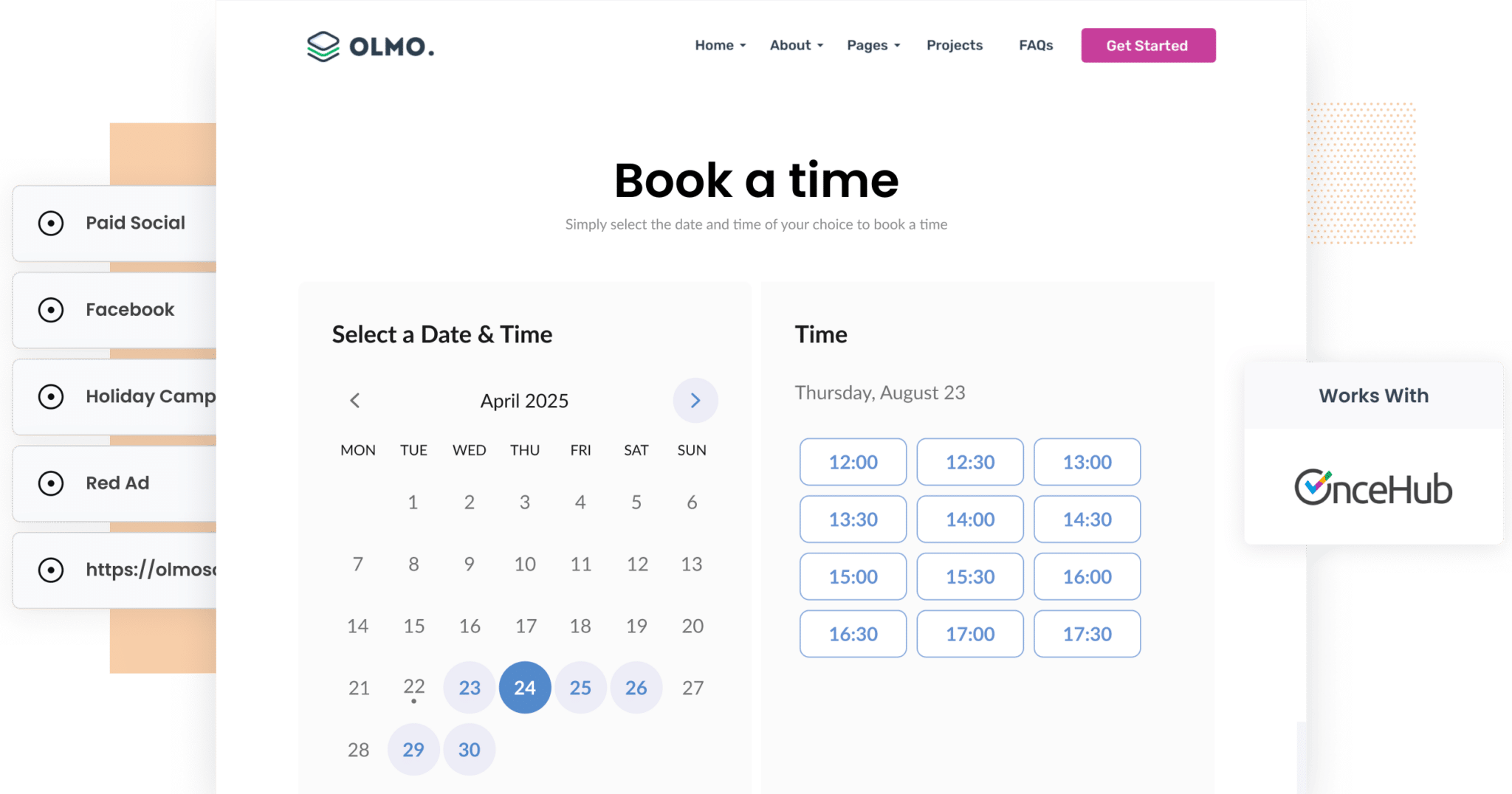
You’ve just launched a new Facebook Ads campaign.
The creative looks great, the targeting is dialled in, and the clicks are rolling in. A few meetings are being booked through your OnceHub scheduler, but there’s a problem.
You don’t actually know which ads are generating those bookings.
Was it the ad promoting your free consultation? Or the one highlighting your customer success stories? Without proper attribution, you're left guessing. This makes it nearly impossible to scale what’s working.
That’s where Attributer comes in.
In this article, we’ll show you how to use Attributer to capture detailed Facebook Ads data with each new booking submitted through your OnceHub form, giving you the visibility you need to optimise your campaigns and grow your business.
3 simple steps to track your Facebook Ads in OnceHub
By following these 4 simple steps, you can capture Facebook Ads data with each submission of your OnceHub booking widget (and ultimately see how many bookings your ads are generating):
1. Add UTM parameters to your Facebook Ads
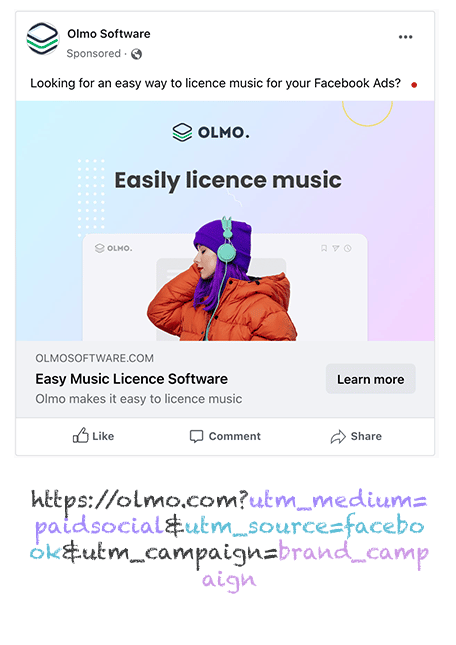
Before Attributer can start tracking where your leads are coming from, you’ll need to make sure your Facebook Ads include UTM parameters, which are little bits of text added to the end of a URL that tell analytics tools where a visitor came from.
Let’s say your ad is pointing users to attributer.io/integrations/oncehub
With UTM parameters, it might look something like this:
attributer.io/integrations/oncehub?utm_medium=paidsocial&utm_source=facebook&utm_campaign=brand-campaign
In general, the recommended format for Facebook Ads’ UTM parameters is as follows:
- UTM Medium = Paid social
- UTM Source = facebook
- UTM Campaign = The name of your campaign
- UTM Term = The name of the ad set the ad belongs to
- UTM Content = The specific ad
2. Install Attributer on your website
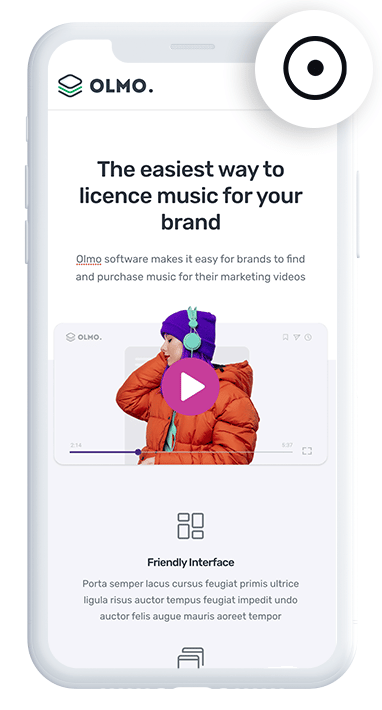
Once your UTM parameters are in place, the next step is to install Attributer, a small piece of code that tracks where your website visitors come from.
After signing up for a free 14-day trial, you’ll receive a snippet of code to add to your site. How you do this depends on the website platform you’re using, but detailed setup instructions are available for all the major builders like WordPress, Wix, Squarespace, Webflow and more.
Once added, Attributer begins working in the background, quietly capturing attribution data and storing it in each visitor’s browser until they book a meeting through your OnceHub widget.
3. Facebook Ads data is captured by OnceHub
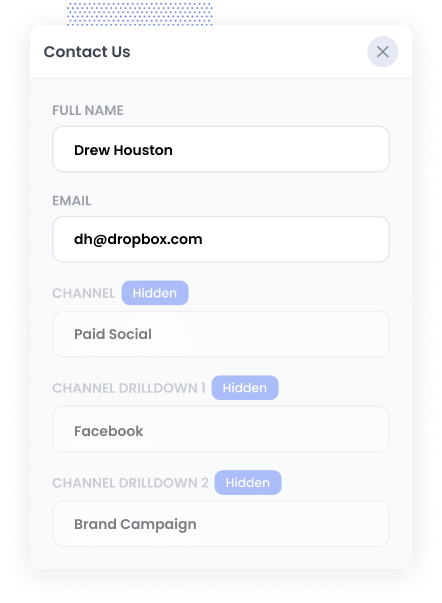
With everything set up, Attributer will begin tracking where your website visitors are coming from (including your Facebook Ads campaigns).
Then, when someone books a meeting using the OnceHub widget on your site, Attributer will pass that attribution data (like network, campaign, ad set, ad name, etc.) into OnceHub. This information is then stored alongside the booking, giving you clear insight into where each lead originated.
What you can do with the data
Once the Facebook Ads data is captured with the booking in OnceHub, there are several ways to put that information to work. Here are a few of our top suggestions:
- Send it to your CRM: Push the data into your CRM (like Salesforce, Pipedrive, Hubspot, etc.) and use your CRM’s built-in reporting & dashboard tools to see how many leads your ads generated, how many converted to customers, the total revenue earned, and more.
- Export it to a spreadsheet: Use Zapier or a similar tool to send the data to Google Sheets or Excel. From there, you can run basic reporting in the spreadsheet or connect your sheet to Google Looker Studio or Power BI for advanced analytics and visualisations.
- Add it to your lead notification emails: If your sales team relies on email notifications for new leads, you can add Facebook Ads data to the new lead notifications emails, giving your team more context before a call.
- Sync it with your billing platform: If you're using Stripe, Square, or another billing system alongside OnceHub, you can pass through the Facebook Ads data. This makes it easy to see how much revenue is being generated from specific campaigns or ad sets.
Why use Attributer
Attributer is the #1 tool for tracking Facebook Ads data within OnceHub. Below are the top four benefits only Attributer can offer:
Captures other attribution information
Attributer doesn’t just capture information on leads from your Facebook Ads, it tracks every lead that completes a booking on your site. So whether someone finds you through Organic Search, Paid Search, Organic Social, Referral links, or even Direct traffic, Attributer records where they came from so you always have the full picture.
Remembers the data
A key limitation with OnceHub’s built-in UTM tracking is that it only works if the visitor completes the booking on the same page they originally landed on.
Let’s say someone clicks your Facebook Ad, lands on your homepage, then clicks through to a separate ‘Book a Call’ page to complete the OnceHub form. In that scenario, information on their original source (Facebook Ads) is lost and you’re left in the dark about where that lead came from.
Attributer works differently. It stores UTM parameters in the user’s browser, so even if someone browses across your site, or leaves and returns later, the information on where they came from (I.e., Facebook Ads) is passed into OnceHub with the booking.
Cleans the data
Attributer is designed to handle messy or inconsistent UTM parameters. For instance, if one of your campaigns uses utm_source=facebook and another uses utm_source=fb, Attributer recognises they’re the same source and groups them correctly under the Paid Social channel. This way, your reporting stays clean and accurate.
Captures landing page data
Along with capturing UTM parameters, Attributer also records the user’s initial landing page and its corresponding page group. For example, if a visitor lands on https://attributer.io/blog/capture-utm-parameters-oncehub-forms, Attributer will store both the full URL and the broader page group, in this case, /blog. This allows you to see which pages and content categories are attracting leads and driving conversions.
3 example reports you can run to understand the performance of your Facebook Ads campaigns
When you capture Facebook Ads data with each submission of your OnceHub widget and send it to your CRM or other tools, you unlock the ability to run detailed reports that show how your Facebook Ads are really performing.
After 15 years working in marketing and creating analytics dashboards for companies of all sizes I’ve learned which reports consistently deliver the most insight. Here are three of my favourites to get you started:
1. Leads by channel
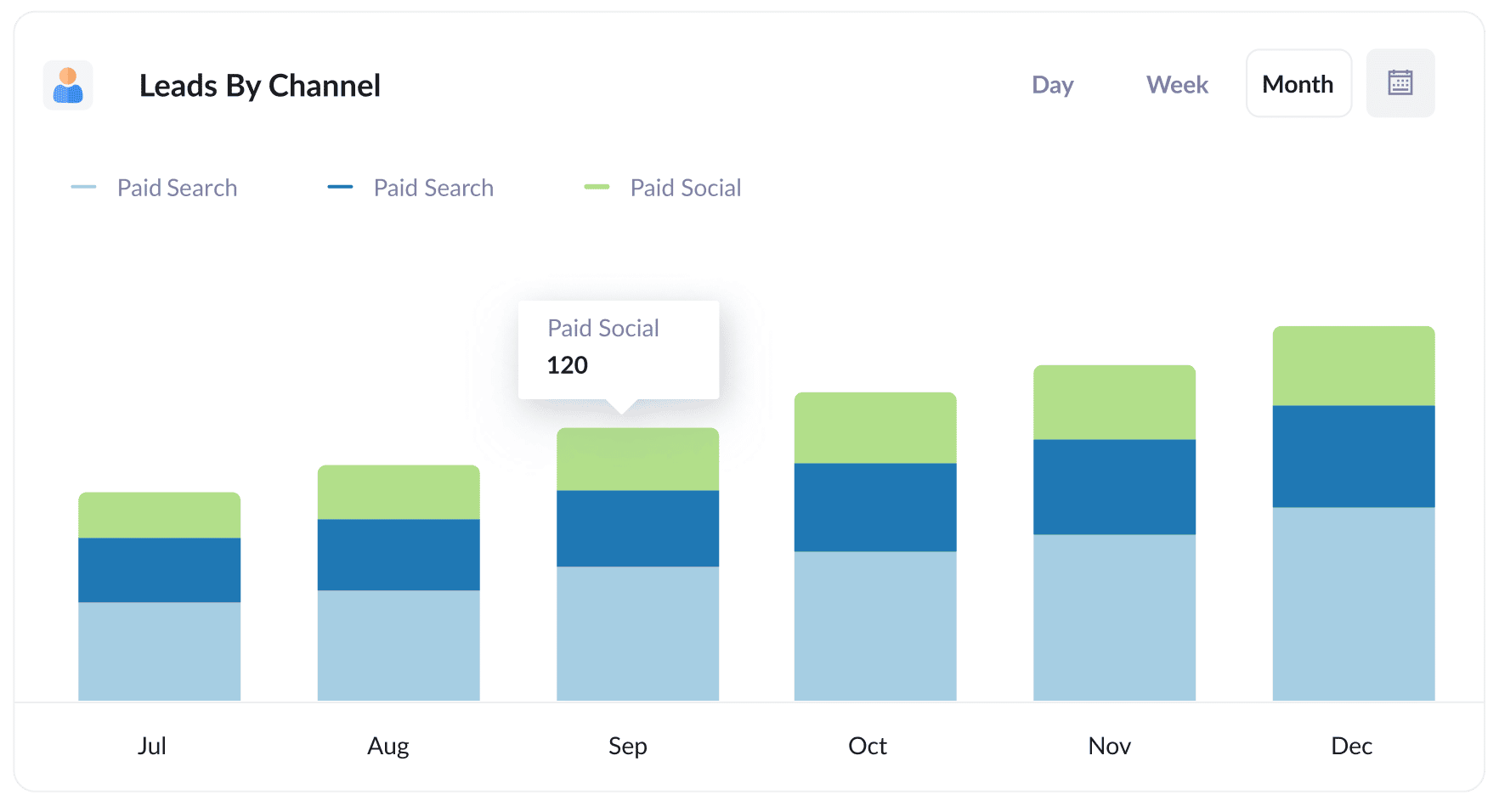
Because Attributer captures the source of all your leads, not just those from Facebook Ads, you can generate reports like the one above, which show how many leads are coming from each channel (e.g. Paid Social, Paid Search, Organic Search, etc.).
This gives you a clear view of how your Facebook Ads are performing in comparison to other marketing efforts. With these insights, you can make smarter decisions about where to invest your budget, like shifting more spend toward SEO if it’s consistently driving more leads.
2. Leads by Network
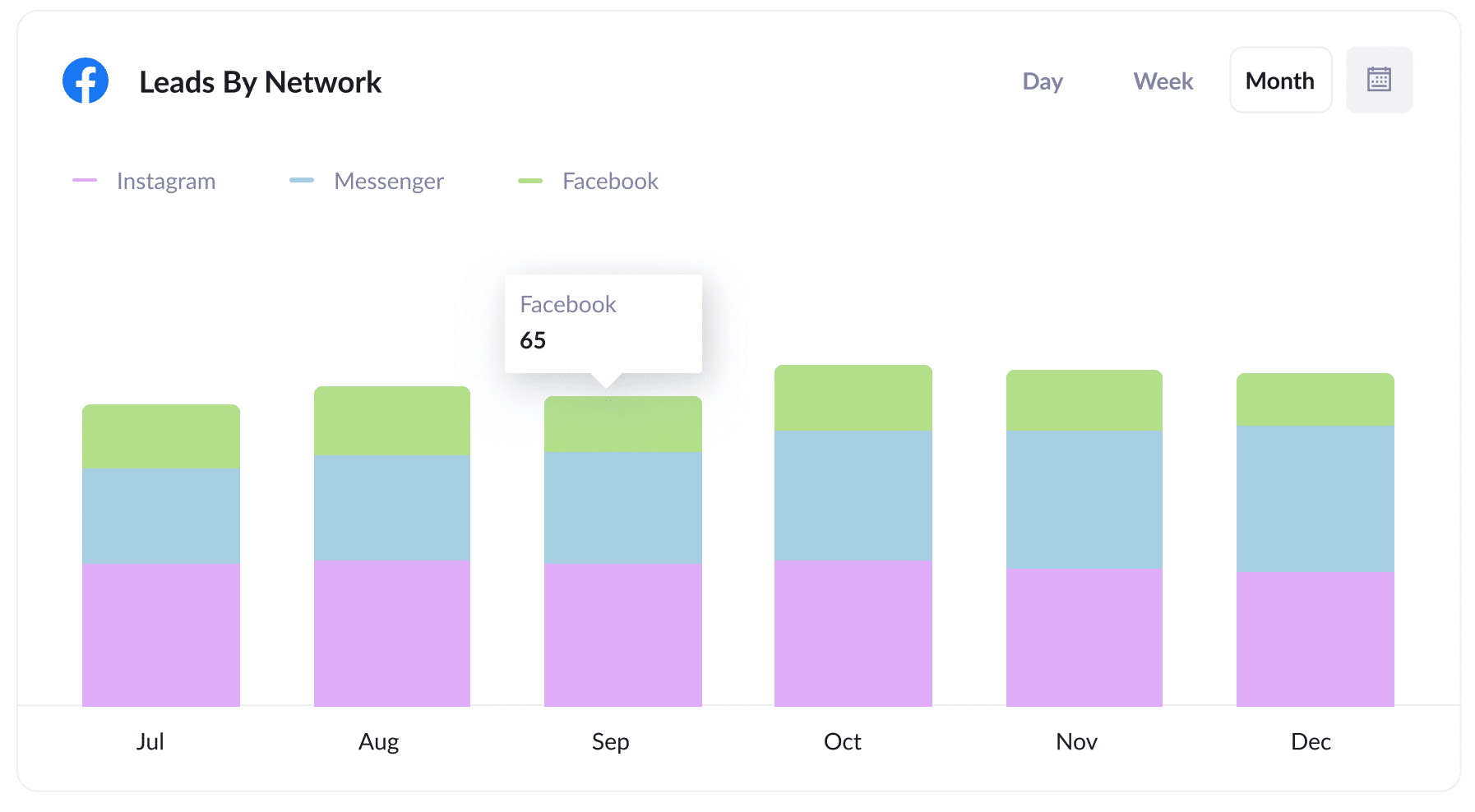
If you're running ads on Facebook, chances are they’re appearing across its many networks, including Instagram, Messenger, WhatsApp and more.
This type of report can help you pinpoint which of these platforms is driving the most leads. By identifying the top-performing networks, you can allocate more of your budget where it counts, ultimately reducing your cost-per-lead and boosting your campaign ROI.
3. Leads by campaign
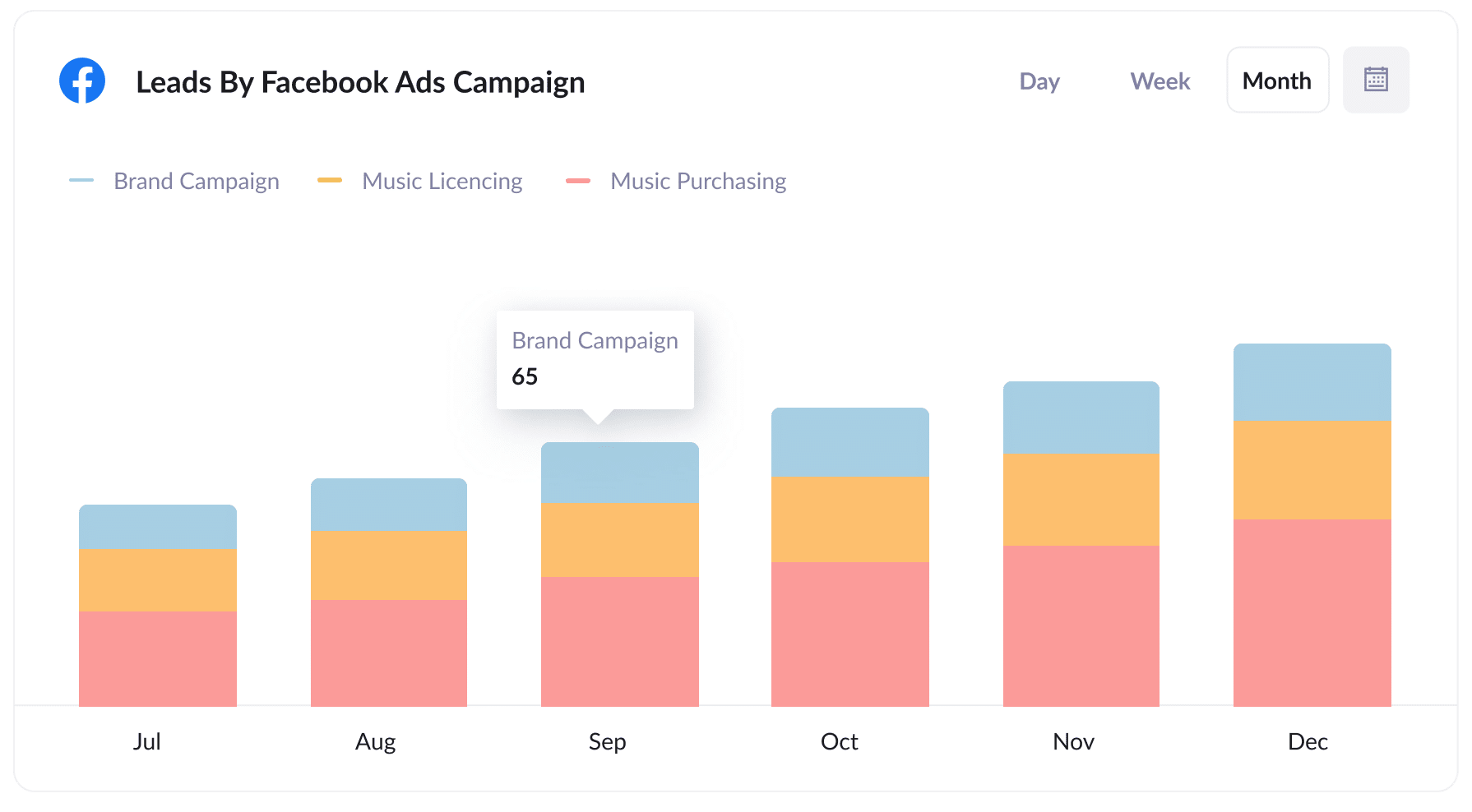
This report shows how many leads you're generating each month from Facebook Ads, broken down by the specific campaign they came from.
It gives you an overview of which campaigns are actually driving real leads for your business, not just clicks or impressions, so you can focus your budget on the ones that are consistently working.
Wrap up
If you’ve been trying to figure out exactly how many bookings, leads, and customers you’re getting from your Facebook Ads, then pairing Attributer with OnceHub might be the solution you need.
Attributer automatically passes through information on where the lead came from whenever someone completes a booking through your website. You can then send that data to your CRM or analytics tool and run reports that show what’s really driving results.
Even better? Attributer is free to try and only takes around 10 minutes to set up. Start your 14-day trial today and see the insights you’ve been missing!
Get Started For Free
Start your 14-day free trial of Attributer today!

About the Author
Aaron Beashel is the founder of Attributer and has over 15 years of experience in marketing & analytics. He is a recognized expert in the subject and has written articles for leading websites such as Hubspot, Zapier, Search Engine Journal, Buffer, Unbounce & more. Learn more about Aaron here.
